
 th Anniversary
th Anniversary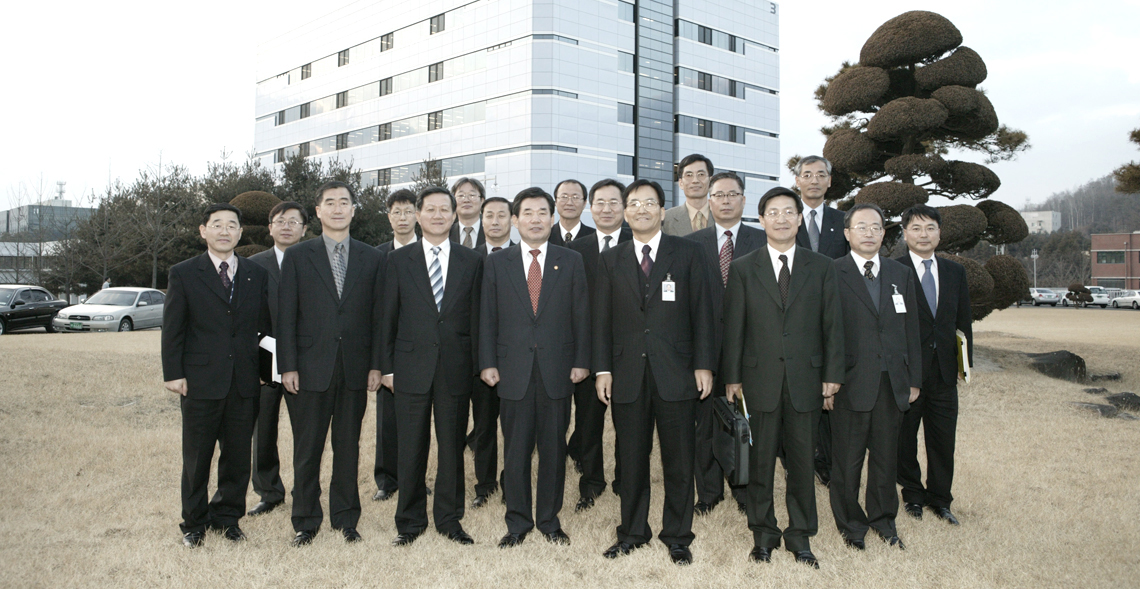
On August 22, 2003, ETRI launched the PATH 1G E-PON transmission service developed by its network research institute.
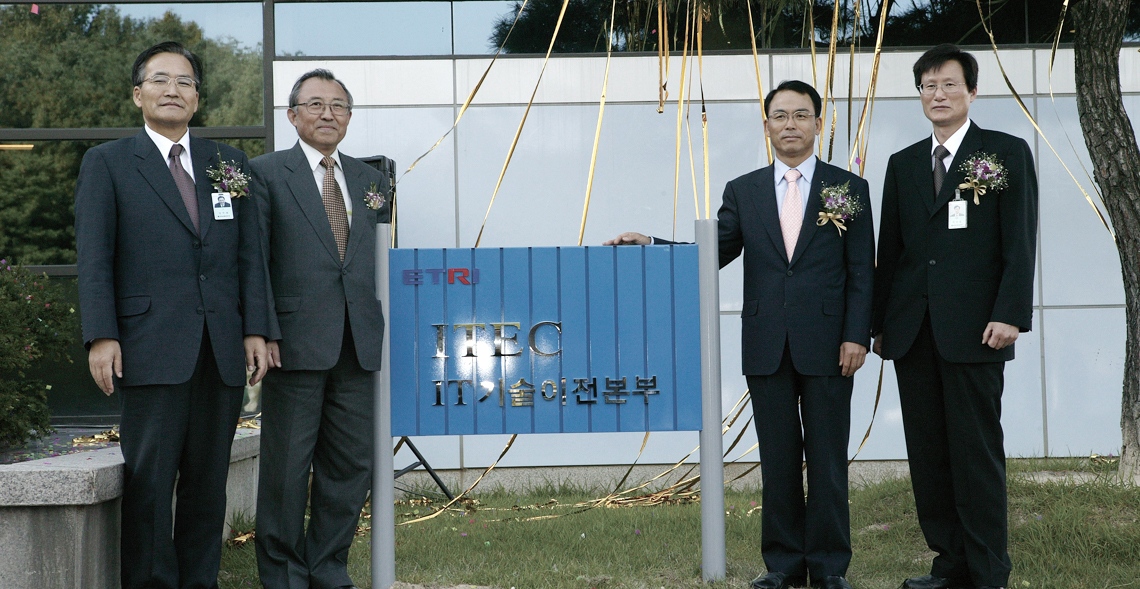
On October 13, 2004, a ceremony was held to celebrate the opening of the IT Technology Transfer Evaluation Center (ITEC),
an organization with exclusive responsibility for technology transfer, technology evaluation, and SME support.
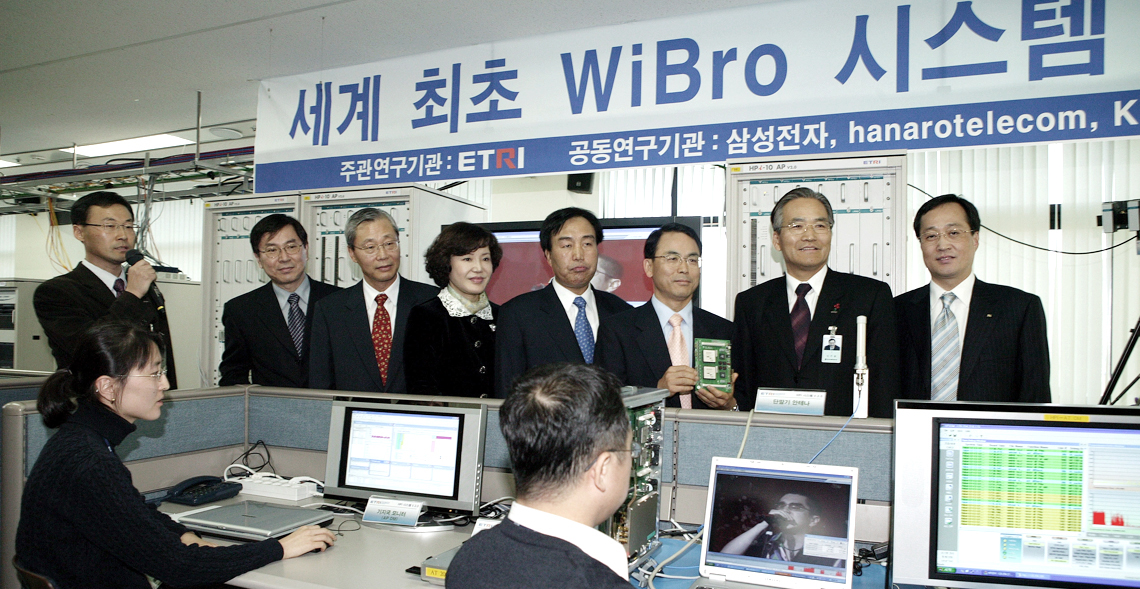
On December 13, 2004, ETRI successfully demonstrated its WiBro prototype and tested 1 Mbps Internet access and real-time broadcasting on a running bus.
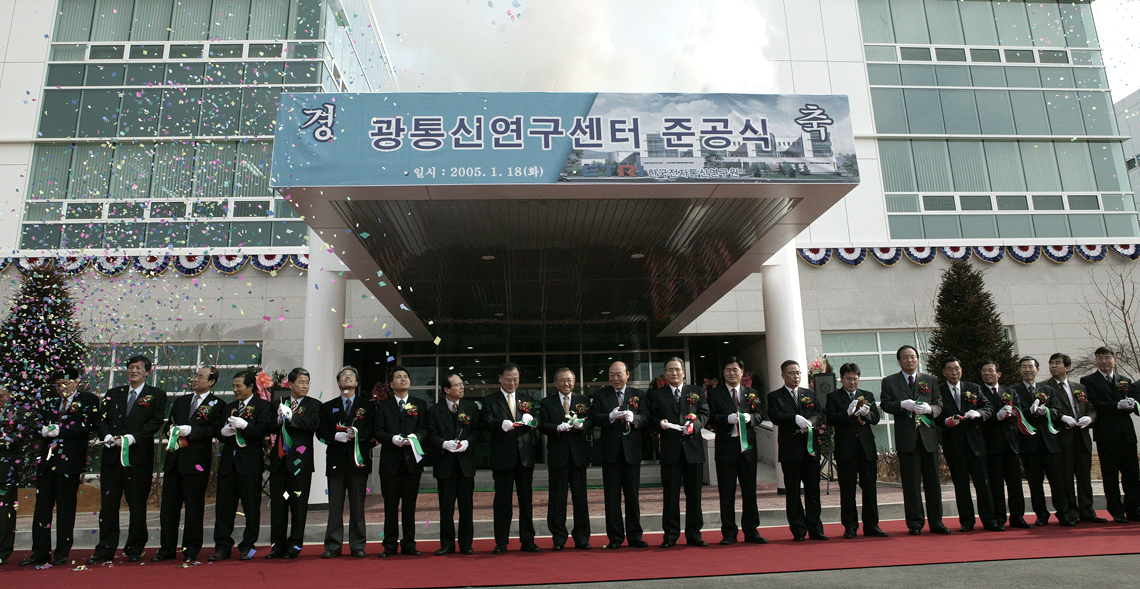
On January 18, 2005, to promote optical communications technology development, construction of the ETRI Optical Communication Research Center
building was completed in the state-of-the-art optical industrial complex in Oryong-dong, Gwangju Metropolitan City.

In March 2005, former President Moo-hyun Roh and the First Lady visited ETRI’s mobile communication lab and encouraged researchers.

In 2005, ETRI’s terra electronics device research team successfully theorized the principles of Mott metal-insulator transition (MIT),
a long-time conundrum in physics, and proved the phenomenon through experiments.
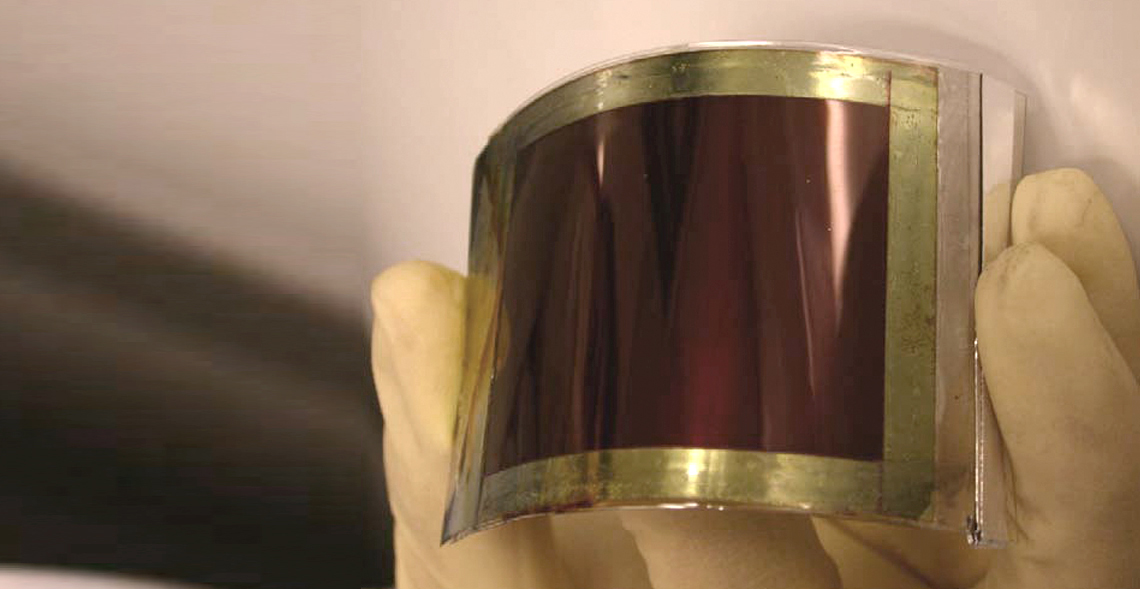
In July 2005, as a result of basic research launched in 2001, ETRI developed next-generation solar cells
that are as thin as paper and bend easily.

In December 2005, the terrestrial DMB, completed with ETRI’s technology, became the world’s first commercialized service.
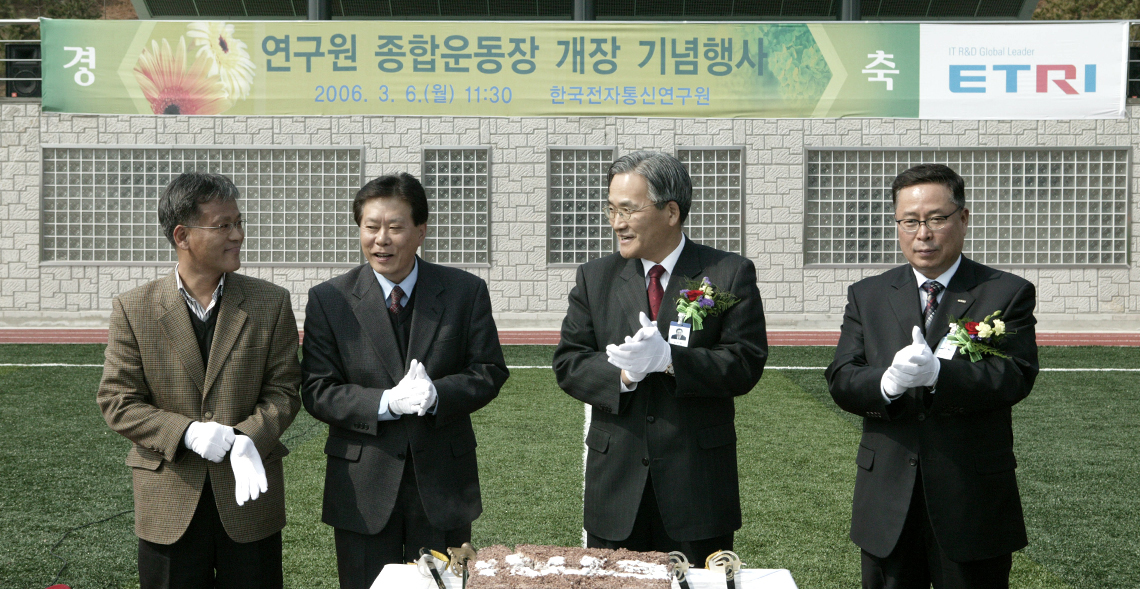
On March 6, 2006, ETRI opened a sports complex.
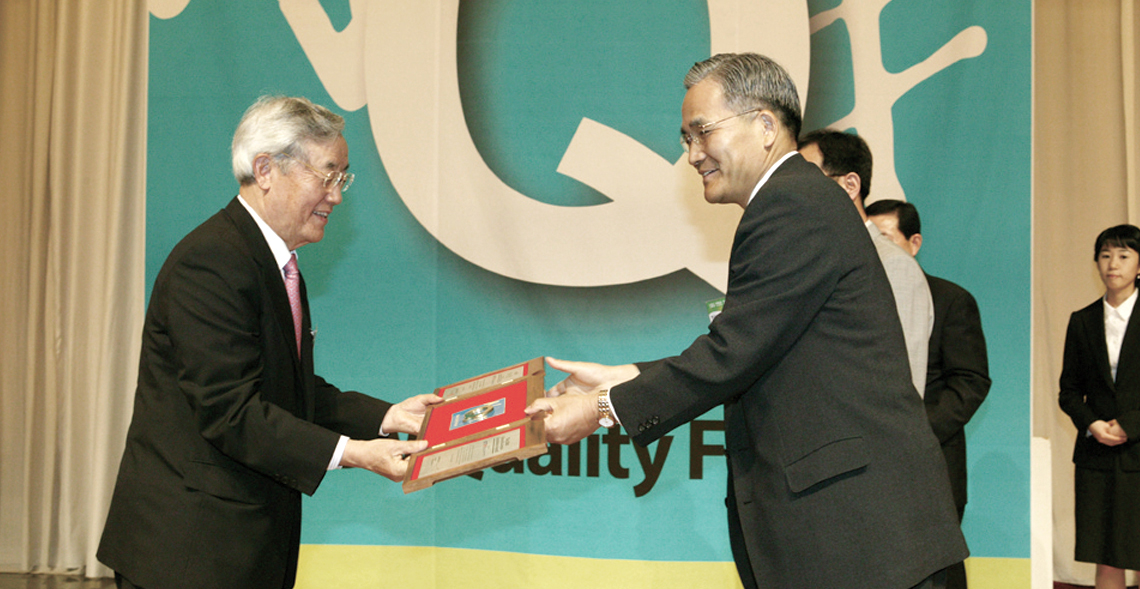
In May 2006, ETRI became Korea’s first public institution to win a New Quality Award.

On December 28, 2006, ETRI held a ceremony to celebrate its 30th anniversary.

On April 4, 2007, Austrian President Heinz Fischer visited ETRI to experience Korea’s IT achievements.
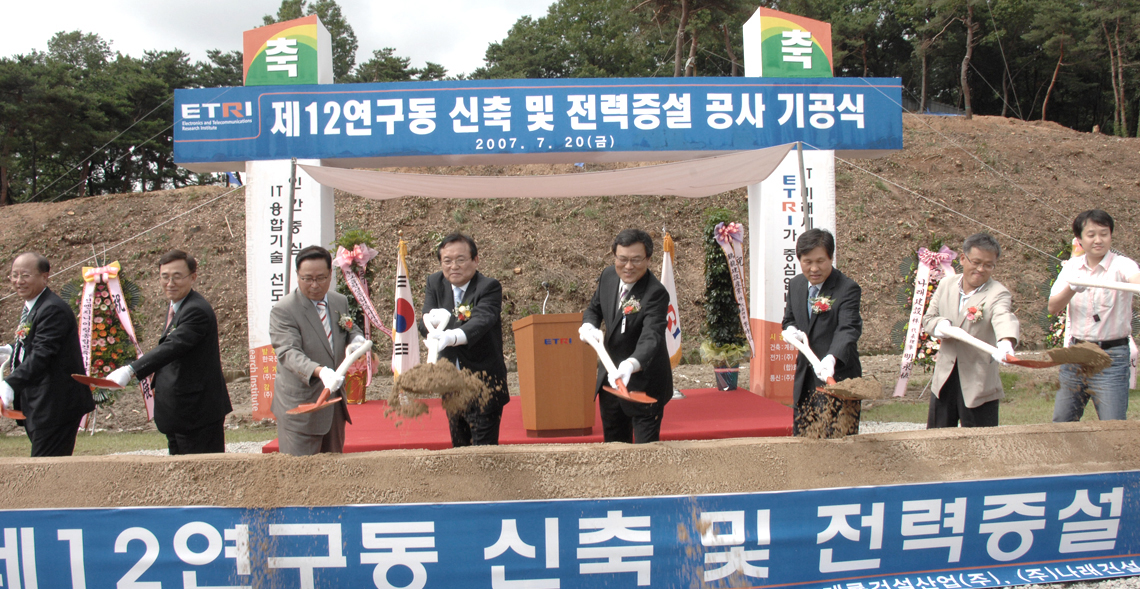
On July 20, 2007, ETRI held a groundbreaking ceremony to construct the 12th research building and extend electric power facilities.

In 2007 for full-HD video data processing, ETRI developed encoder technology to reduce power consumption and
improved compression ratio by at least 50% compared to the existing MPEG-4 standard.
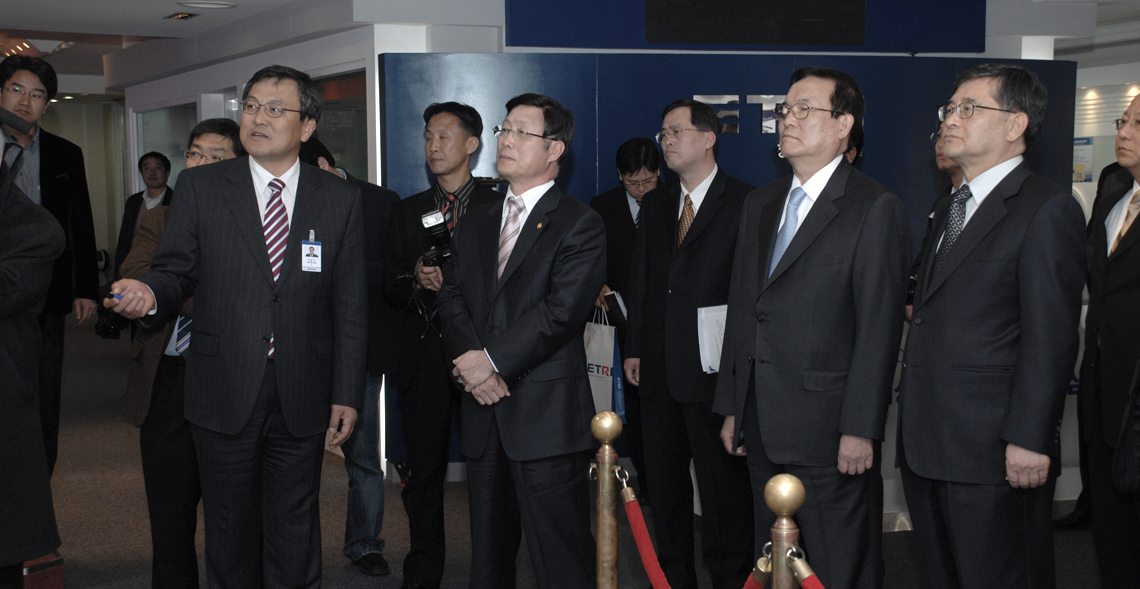
On March 6, 2008, Minister of Knowledge Economy Yun-ho Lee visited ETRI as the first research institute after his inauguration.

On April 3, 2008, ETRI established its Vision 2020 to become the world’s top human technology leader and
elaborated a goal of becoming a research institution that would lead human-centered IT convergence technology that is fun, convenient, and safe.

In October 2008, ETRI developed core technologies for ubiquitous transparent smart windows that
allow users to access various information anywhere and anytime, presented on windows, display windows, and car glass.